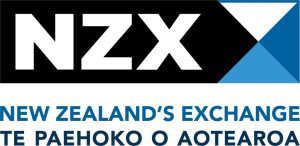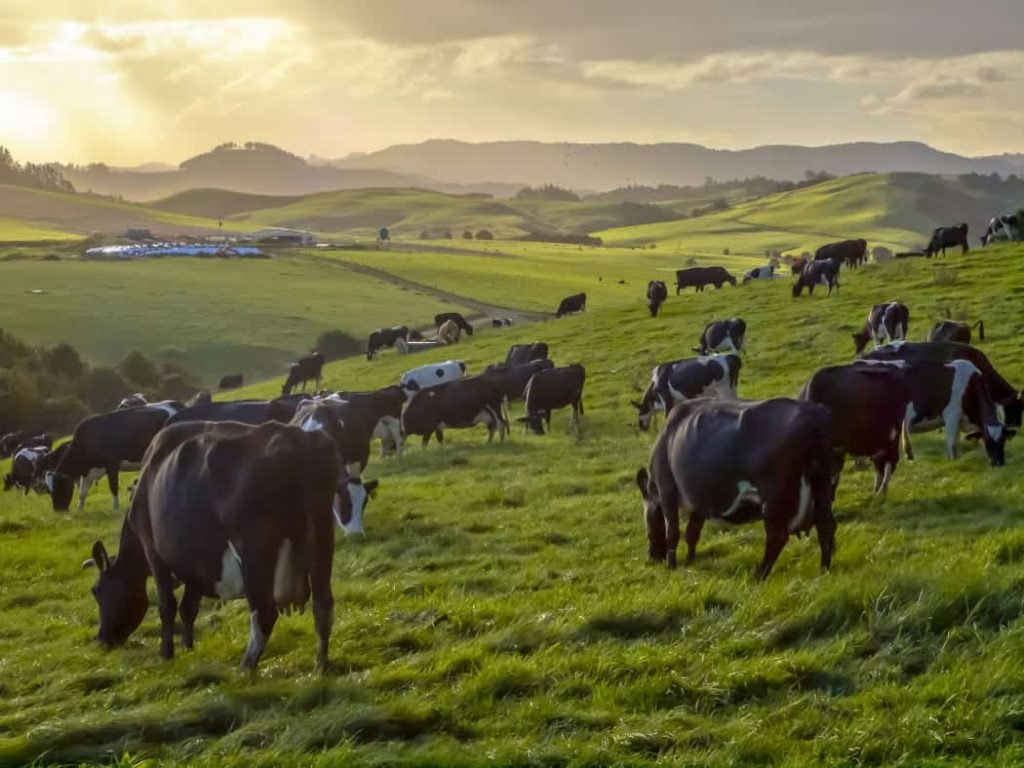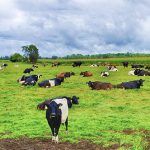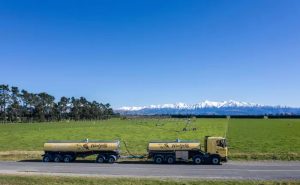
Developing action to address climate change impacts has presented some opportunities for agricultural industries in Australia, including the dairy sector.
Farmers are stewards of the land, but are rarely recognised for the work they undertake in managing their properties or reducing greenhouse gas emissions.
Across the world, carbon markets have been developed as mechanisms to incentivise emissions reduction or carbon sequestration across the economy. In agriculture this provides farmers with an opportunity to realise the value of their environmental stewardship. Whilst carbon markets offer opportunities and returns for farmers, remember there are also some risks and considerations of which to be aware.
In Australia, the Federal Government’s Emissions Reduction Fund (ERF) is the mechanism for developing carbon markets. The ERF includes several ‘Methods’ that allow dairy farmers to either reduce or sequester emissions and be paid for doing so. Recently developed Methods of relevance to dairy farming include animal effluent management methods and soil carbon method.
Carbon credits
Key things to consider regarding the generation of carbon credits are:
- Understand your baseline, whether it be soil carbon or your farm’s total emissions, so you can measure your improvement. The Australian Dairy Carbon Calculator is a good place to start.
- Ensure you undertake thorough due diligence in terms of the requirements, costs and risks of participating in an Emissions Reduction Fund Method project.
- Check if your project partner or intermediary is a signatory of the voluntary Carbon Industry Code of Conduct.
- Consider whether you want to sell any credits you generate to earn income or save them to offset your own farm emissions in line with your personal emissions targets. Remember you cannot do both.
- Communicate with your processor to ensure you understand their plans for reducing supply chain emissions as this may impact on your plans for any credits you generate on farm.
- There is no need to rush into a project – the opportunities under the Emissions Reduction Fund and other programs are relatively new and will mature over time, and demand for credits is also expected to increase over time.
- The Carbon Opportunity Decision Support Tool can also help, by guiding users through a series of yes/no questions that consider the costs, benefits and risks of various options, to arrive at a list of carbon opportunities that may be a good fit for their particular farm business.




















